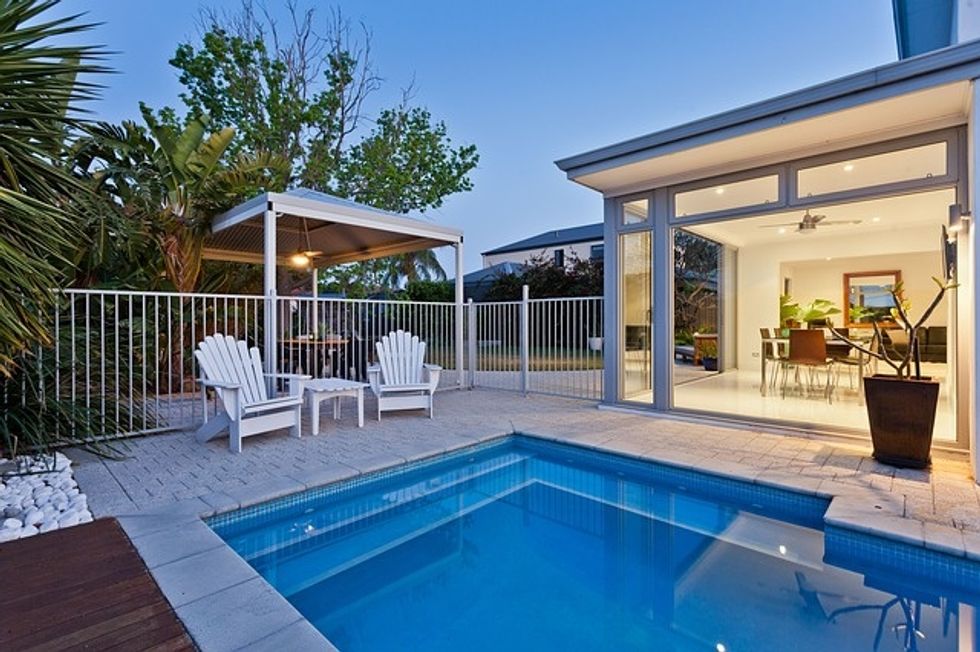Every single person enjoys a good swim which can be enhanced by heating their swimming pool due to the convenience it adds. Regardless of the reason for swimming the hours are extended. So how does one choose the best pool heater for them? Pool heaters available in the market are different each with its own advantages and disadvantages. Therefore before choosing any of them, you need to consider the following: the size of your pool, the installation, and maintenance budget, the climate in your region and the environmental impact.
When choosing the best heater, it should be the best according to the size of your pool. Large ones may be too expensive due to high energy consumption. Small ones will need to run more frequently which reduces their life. A heater may be cheap to install but its maintenance is very high. Unfavorable climatic conditions may ask for a heater that heats quickly though this might mean high
maintenance cost
Pool heaters come in four major categories: solar heaters, gas or oil heaters, electric heaters, and heat pumps.
Solar pool heaters
They are the most durable with a lifespan of 10-20 years depending on how well maintained they are and also their brand. As the name suggests they use sunlight energy to heat the pool water and hence once the system is installed it costs zero on energy costs. Solar heaters are also very environmentally friendly. The disadvantages of owning one first are that they are very expensive to install and the cost rises with the size of the pool. They also don't work in cold areas, during bad weathers and during the night since the heat produced depends entirely on the sun intensity.
Gas or Oil heaters
They are cheap to install. The technology behind involves burning fuel be it natural gas or oil to heat a metal heat exchanger which in turn heats water being pumped through it. The cost of maintaining the heater depends on energy costs hence if gas is cheaper at your region go with a gas heater. The heaters also are very efficient as they heat pool water very swiftly. The disadvantages are that they have a short life span of around five years, they are not environmental friendly for they release a lot of carbon dioxide. When using these heaters, it's very important to frequently check the water's PH for acidic water corrodes the heat exchanger and alkalinity leads to the exchanger developing scale that limits the efficiency.
Electric water heater
These use electricity to heat a metallic coil that in turn heats water flowing through. They happen to be the least efficient for they don't work well in large pools. They also heat the water very slowly and hence at the end users are most expensive. They are very affordable but their maintenance cost is very high.
Heat pump
They use the heat available in the air, heat it up and use it to heat the pool water. They use less energy to generate heat and hence very cheap to maintain compared to fuel and electric heaters. They are unfortunately more expensive to purchase and only operate in warm areas. Their life span is also higher.












